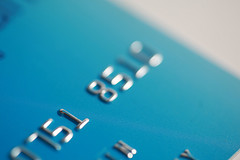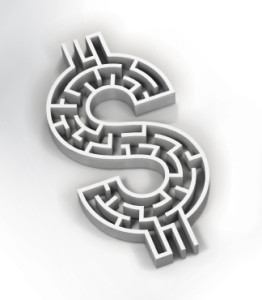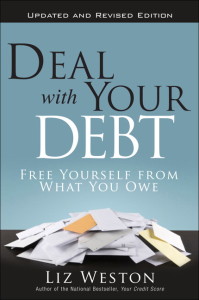 Today’s top story: How to get your credit card’s annual fee to pay for itself. Also in the news: Balancing debt reduction and retirement savings, money lessons to teach your kids, and why you should check your FAFSA status.
Today’s top story: How to get your credit card’s annual fee to pay for itself. Also in the news: Balancing debt reduction and retirement savings, money lessons to teach your kids, and why you should check your FAFSA status.
How to Get Your Credit Card’s Annual Fee to Pay for Itself
Getting the most out of your credit card.
How to Balance Debt Reduction and Retirement Savings
You can do both.
4 Money Lessons Smart Parents Teach Their Kids
It’s never too early to start teaching them.
How and Why to Check Your FAFSA Status
Staying on top of the financial aid process.


